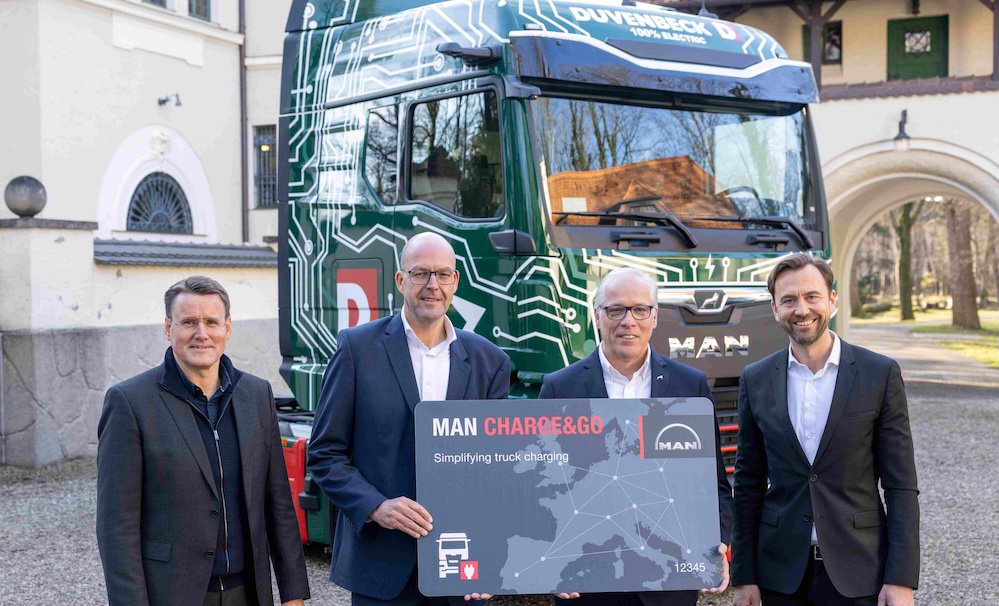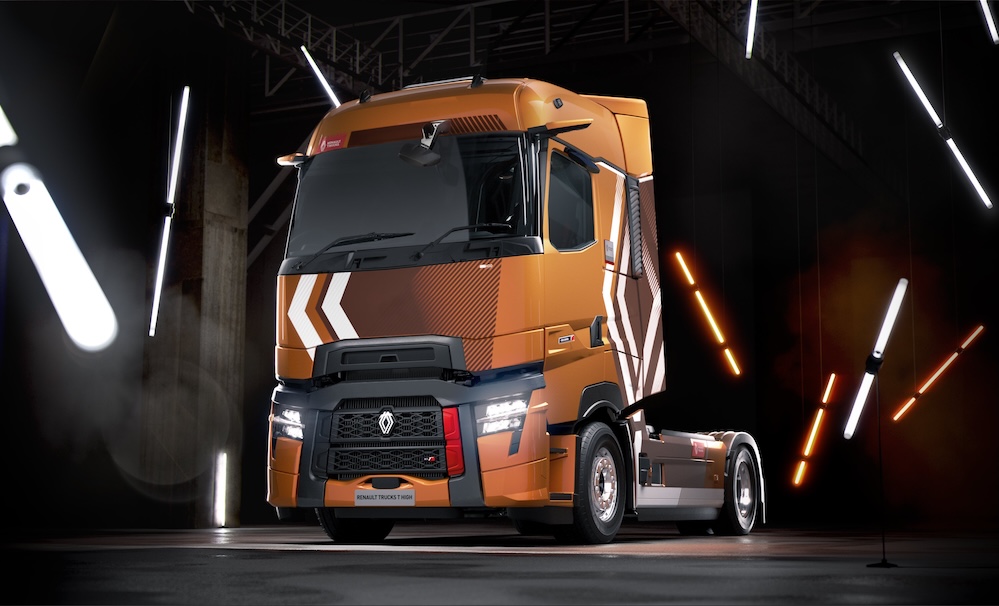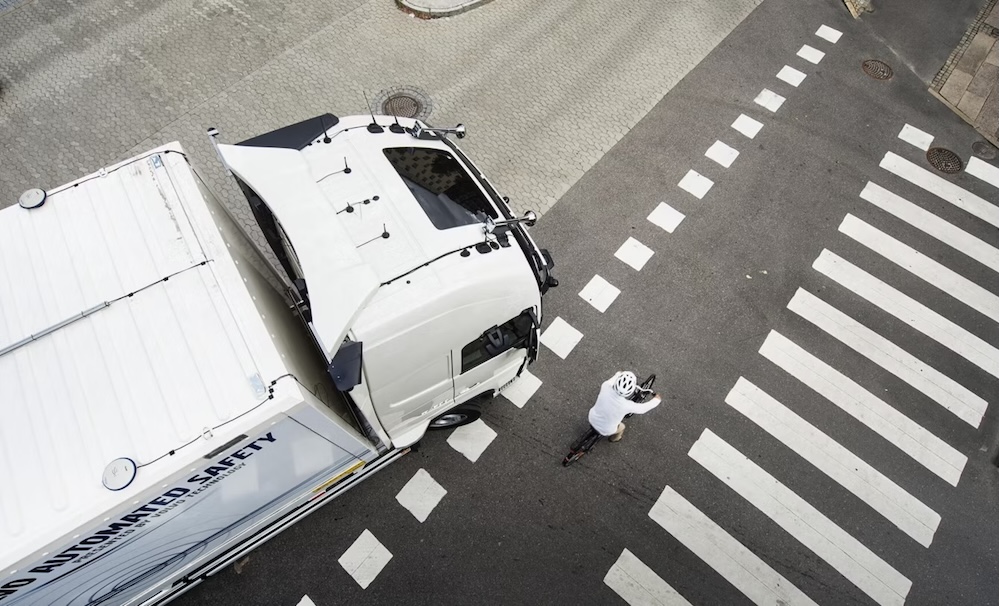The challenges linked to the ecological transition and the growing interest of its customers in this area have prompted Renault Trucks to invest heavily in the circular economy over the last four years, with two key ambitions, namely to guarantee the quality and durability of its trucks and to undertake to reduce its carbon emissions. The circular economy has significant growth potential. In 2021, the rate of regenerated or repurposed trucks rose to 6% of used trucks sold by the company. The circular economy also cuts CO2 emissions by 14.4 tons for each reconditioned or recycled vehicle.
THE 3 R, A BASIS FOR A MORE VIRTUOUS ECONOMY
For the French manufacturer that leads its domestic market, used vehicles are aimed at specific customers who, for economic, tactical or even environmental reasons, deliberately choose not to use a new vehicle. They also meet a need for immediate availability against a background of shortages.
The circular economy developed by Renault Trucks is based on three pillars:
Regenerate: vehicles that have been used intensively for three or four years are reconditioned in one of the company’s Used Trucks Centres and updated with more recent software. They are then returned to their owners to be put back on the road for another three years of operation, or resold. These regenerated trucks will therefore be used to their full capacity, ensuring continued operation beyond the one million kilometre mark.
Repurpose: Used Renault Trucks vehicles are transformed using strict industrial processes to render them suitable for a new purpose. At the Used Trucks Factory, a specialised used truck transformation workshop located at the Bourg-en-Bresse manufacturing, long-haulage tractors are turned into rigids or site approach trucks.
In dealerships, some vehicles can also be retrofitted to become compatible with B100 biofuel.
Recycle: this consists of recovering parts that can be reconditioned and then reintroduced into the after-sales circuit. Remanufacturing operations for engines, gearboxes, injectors and particle filters are currently conducted at the manufacturer’s plant in Limoges.
The manufacturer is also considering setting up an integrated chain for the recycling and reuse of parts for heavy goods vehicles.
These procedures enable Renault Trucks to extend the life of its vehicles by using both new and reconditioned parts. This is a doubly sustainable approach since recycling contributes to both regeneration and repurposing operations.
TWO STATE-OF-THE-ART TOOLS DEDICATED TO USED VEHICLES
In 2020, 7,500 m2 of modern, spacious and functional premises were built at the Renault Trucks site in Saint-Priest. This new facility has enabled the constructor to put regeneration at the heart of its used truck activity.
The semi-industrial process begins with a rigorous assessment of the used vehicle when it is returned directly to the manufacturer. Then the preparation phase begins. The vehicle is first screened at 200 checkpoints using the manufacturer’s tools. The powertrain and the pollution control system are a particular point of focus. Preventive maintenance campaigns are also conducted, such as the replacement of components such as the turbo compressor. The vehicle’s software is then updated, which means that its fuel consumption performance can also be updated.
Renault Trucks has also set up a workshop in its Bourg-en-Bresse factory, specialising in the repurposing of used vehicles. It is in this Used Trucks Factory that Renault Trucks T tractors are converted into rigids (Renault Trucks P-Road), and long-haulage vehicles are transformed into site approach trucks (Renault Trucks T X-Road). Special series such as the Renault Trucks T 01 Racing or the T Robust 13L are produced in this plant. Finally, Euro 6 vehicles are converted here and certified Euro 3 for the Africa and Middle East markets (Renault T X-Port and T X-64).
Every year, 500 trucks are converted in the Used Trucks Factory.







